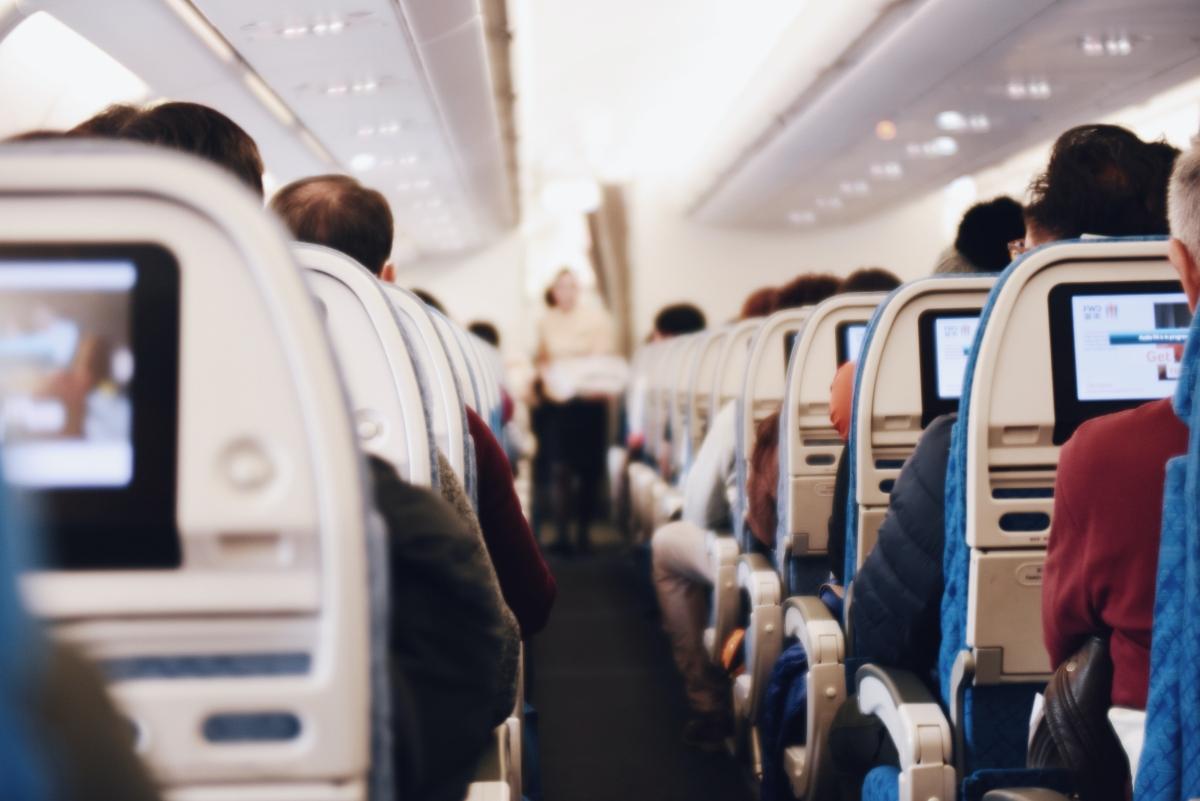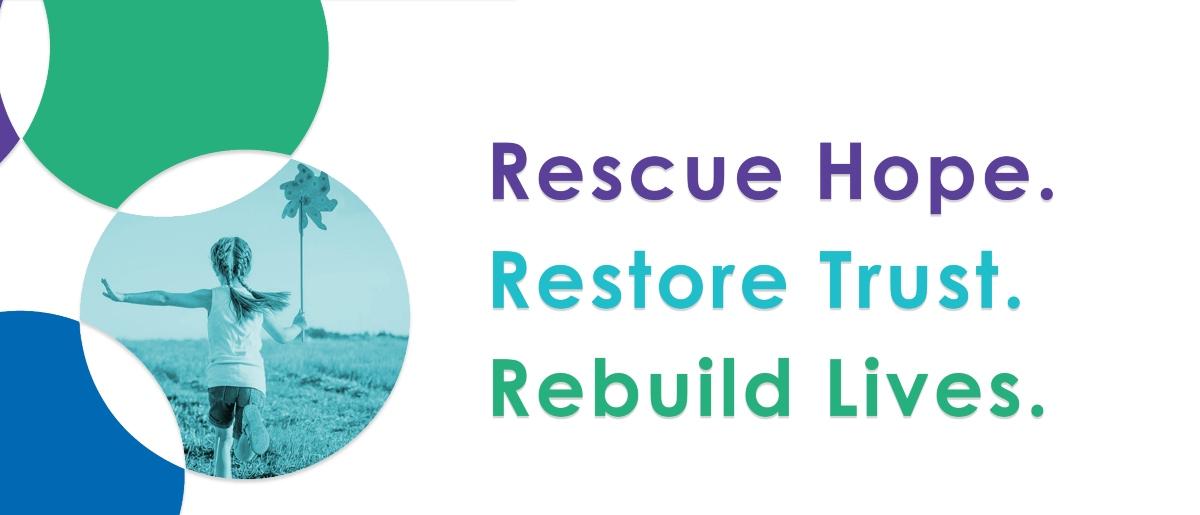Why Is Adoption So Expensive? A Cost Breakdown
Why is adoption so expensive? Whether you look at foreign or domestic adoption, the cost adds up quickly. There are also legal fees to consider.
March 3 2023, Published 11:47 a.m. ET

For many people, the dream of raising a child is their greatest hope. Unfortunately, not everyone can or wants to conceive biologically, and hiring a surrogate or paying for IVF is very expensive. Adoption is a wonderful alternative, but it isn't exactly a cheap. So why is adoption so expensive? Let's break down the costs.
Many factors influence the total cost of adopting a child: whether you choose foreign or domestic adoption, go through a private agency, or start in the foster system impacts costs. Plus, with most adoptions there are legal fees and other significant expenses you need to cover.

How much does the average adoption cost?
This is a very large range because the different types of adoption come with different expenses. Child Welfare Information Gateway estimates the cost to be between $5,000 and $40,000 if working with a private agency to adopt a child. Adopting from foster care is generally less expensive or free, though you may still have legal fees.
What are the different adoption expenses to expect?
Here's what you'll likely need to pay for if you decide to adopt. It's a legally complex process requiring attorneys, social workers, physicians, government administrators, and others to ensure it's done properly. Costs the adoptive parents must cover vary, but often include the following.
- Medical expenses for the birth mother
- Legal fees for an adoption attorney who handles termination of parental rights and other legalities
- Travel and lodging, as you may need to travel when the child is born
- A home study to determine the parents' fitness to raise a child

Travel expenses for driving or flying to meet an adoptive child can add to the total cost of adoption.
What are the different types of adoption and their costs?
Nearly all adoptions will cost adoptive parents something, but it's important to research your options based on cost as well as different benefits of each. Your adoption types are usually domestic, international, or from foster care. Private adoptions may be handled through an agency or you can pursue an independent adoption.
Both domestic and international adoptions can cost adoptive families many tens of thousands of dollars. According to the most recent study done by Adoptive Families in 2017, the average cost of adoptions was as follows:
- U.S. newborn through an agency: $43,239
- U.S. newborn via adoption attorney: $37,829
- U.S. foster adoption: $2,938
- Adoption from China: $36,441

Medical and other living expenses for the birth mother may be part of the cost to an adoptive parent.
The $43,239 breakdown for adopting a U.S. newborn through an agency inclues:
- Home study fee – $2,433
- Document preparation and authentication – $595
- Adoption agency application and program fees – $18,826
- Adoption consultant fees – $2,637
- Attorney fees – $4,435
- Advertising/networking – $2,067
- Birth family counseling – $1,345
- Birth mother expenses – $3,411
- Foster/interim care – $282
- Travel expenses – $2,263
- Post-placement expenses – $2,076
- Other expenses – $2,869
What kinds of financial assistance are available to adoptive families?
Naturally, since the cost of adoption is often prohibitive, there are assistance programs such as federal and state tax credits, bank loans, and other forms of help to fund adoptions. Your employer may also offer adoption benefits.
Tax benefits to adoptive families include a tax credit for "qualified adoption expenses paid to adopt an eligible child and an exclusion from income for employer-provided adoption assistance." It's a nonrefundable tax credit, and there are some limits to your income and at some income levels your credit will phase out. For tax year 2022, the amount was up to $14,890.

Childwelfare.gov lists resources for grants and loans to adoptive parents. These are a variety of programs offering financial assistance to ease the burden on adoptive families. Many adoptive families also reduce their total costs through fundraising: local schools and churches may host fundraising events, for example.
Another potential resource for adoption assistance is your employer. Types of adoption benefits you can ask about are whether your employer offers financial assistance, adoption information and referral services, and paid or unpaid leave for adoptive parents.
Although adoption can be expensive, if you're willing to adopt through the foster care system, you'll pay a fraction of the cost of private or independent adoptions. This provides another way for you to become a parent and give a needy child a home with paying a huge amount.
